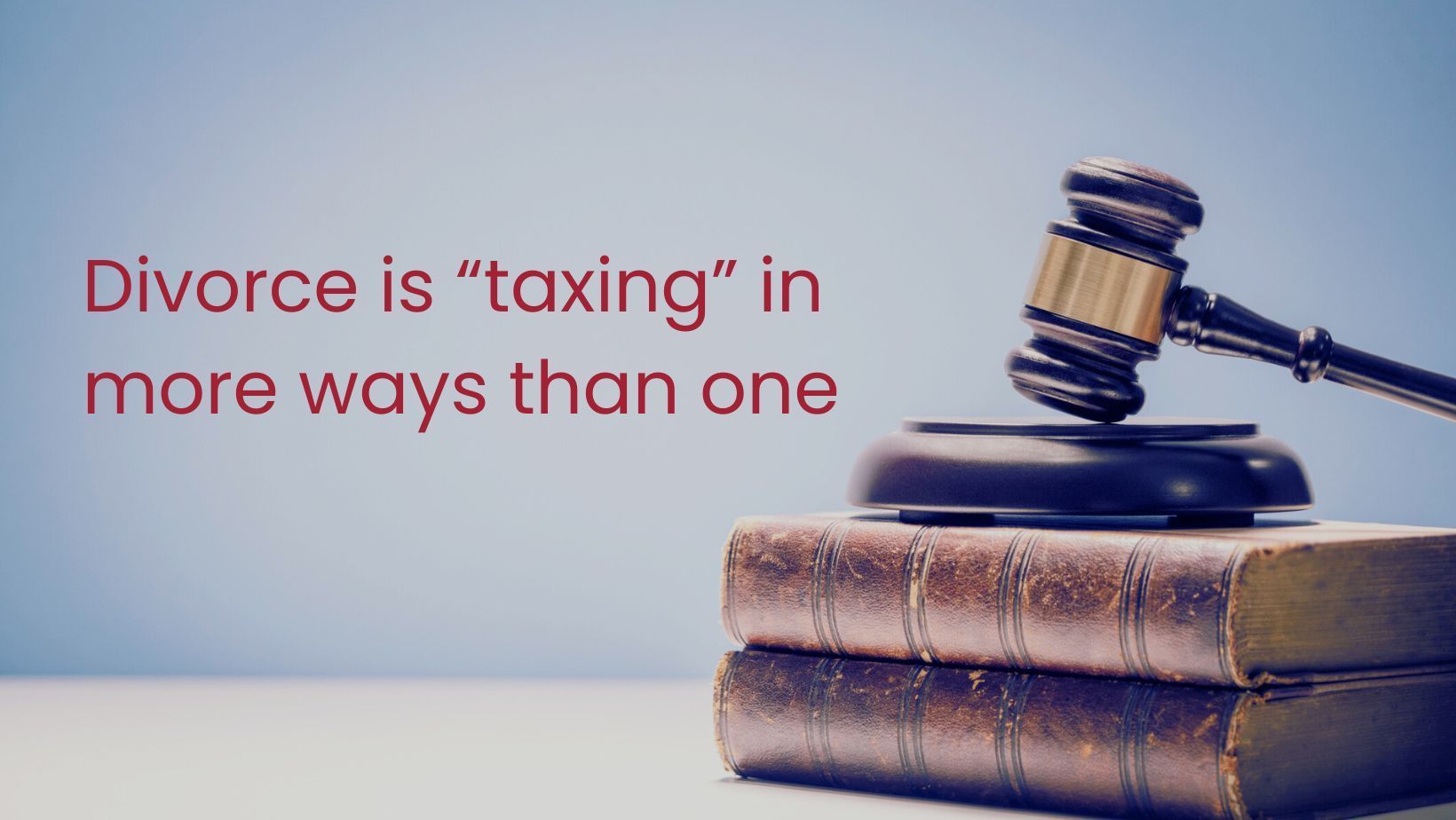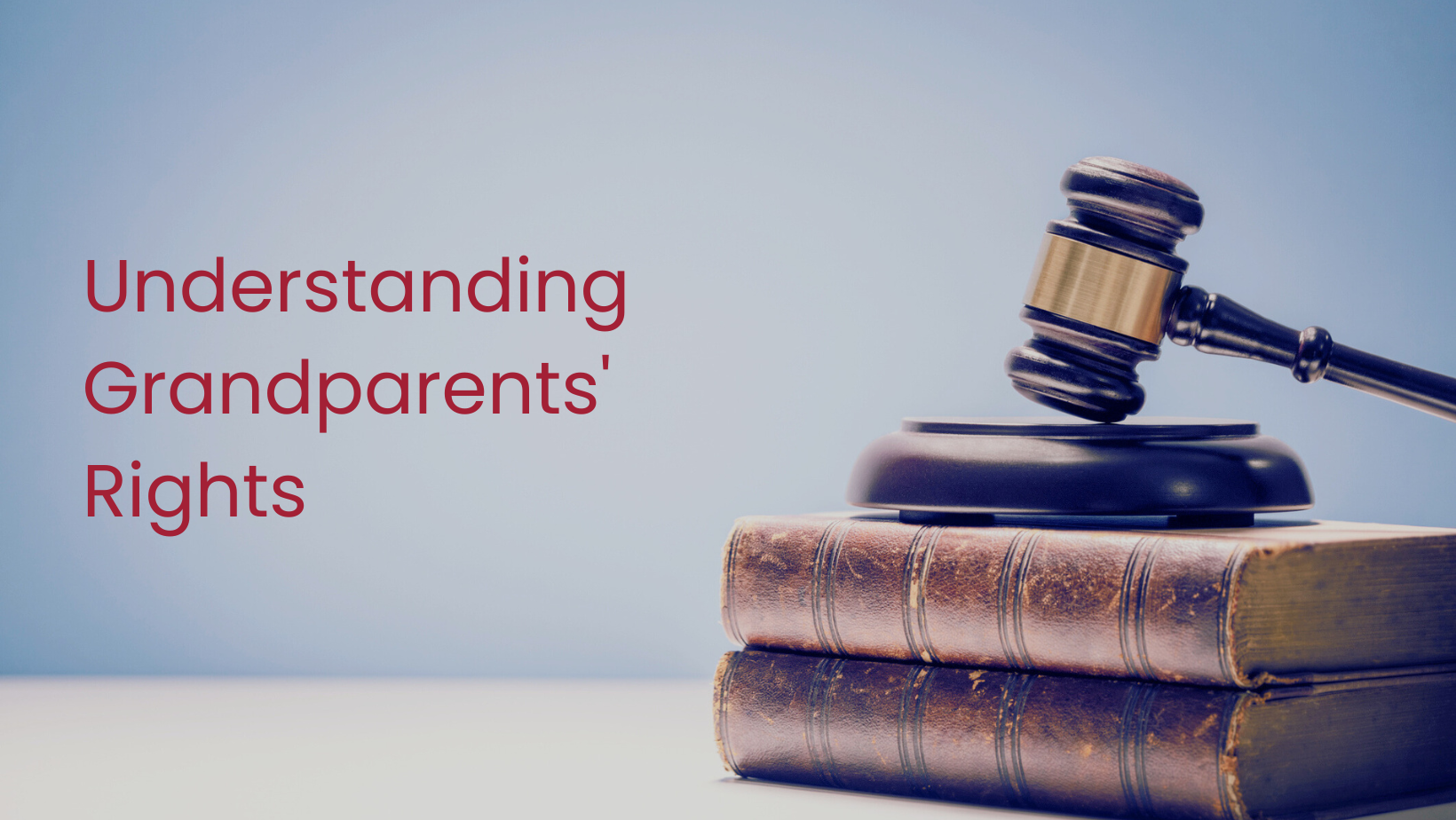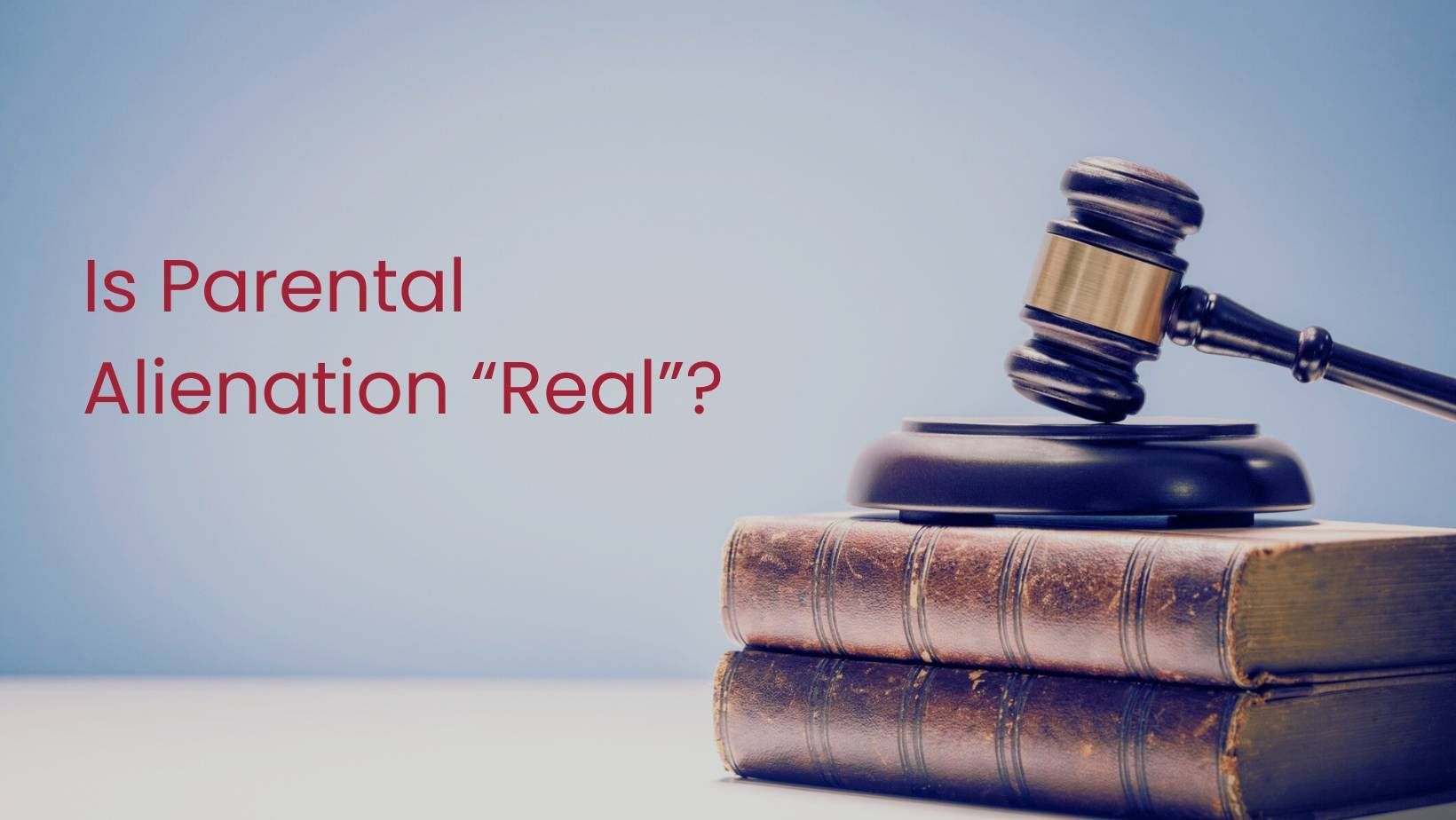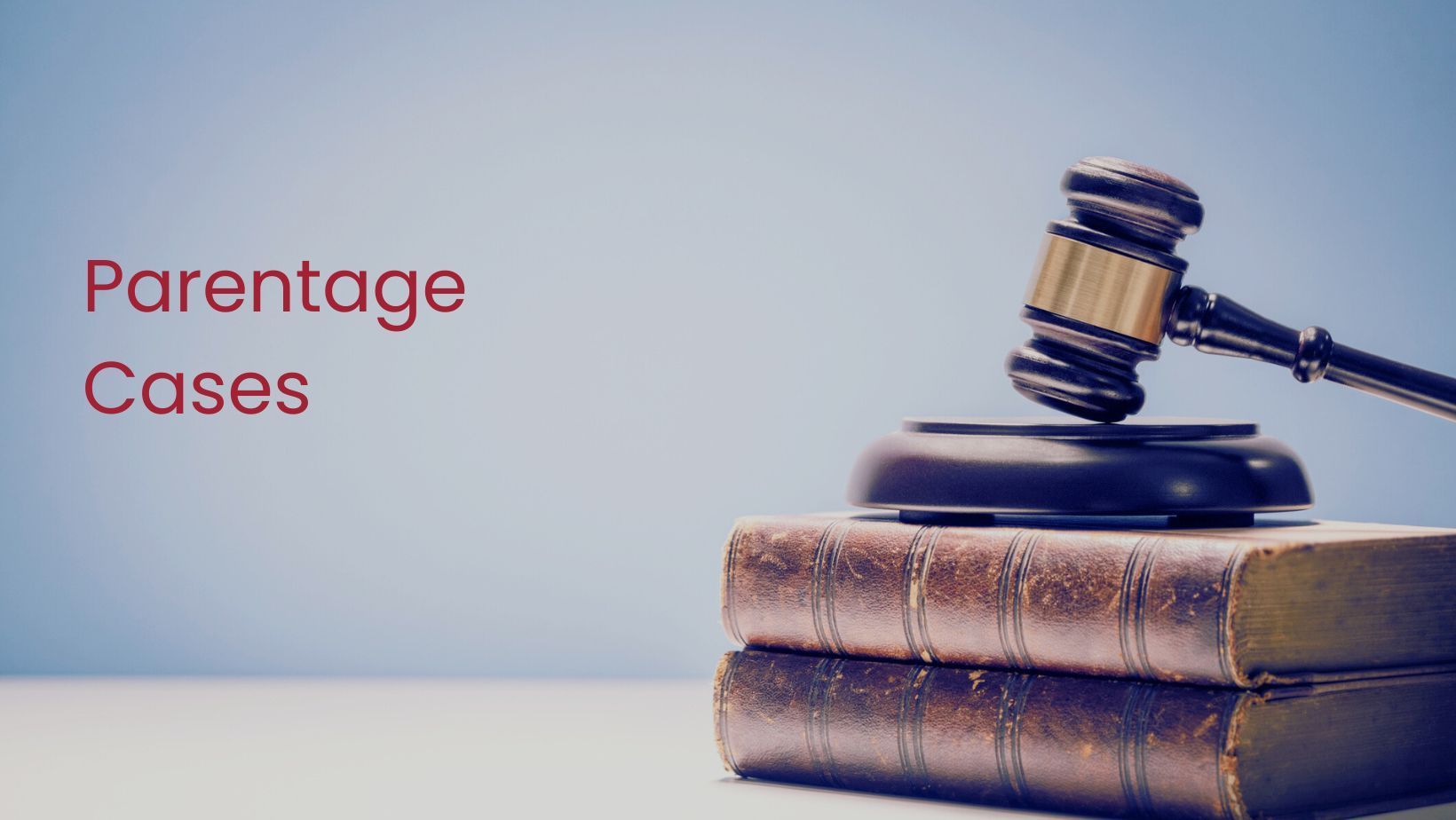Effective Divorce Mediation Tips in California
- By Daniel Gold
- •
- 21 May, 2024
- •

What about mediation? This is a common question I get from prospective clients. You need to know what mediation is and what it is NOT before you decide if it is right for you. If you are ending an abusive relationship, it is my opinion mediation is not for you.
Divorce mediation provides a way for couples to resolve their differences amicably, avoiding the stress and expense of court. By adhering to these tips, couples can enhance their chances of achieving a fair resolution.
Divorce mediation provides a way for couples to resolve their differences amicably, avoiding the stress and expense of court. By adhering to these tips, couples can enhance their chances of achieving a fair resolution.
Be Prepared
Preparation is essential to successful mediation. Gather all necessary documents, including financial statements, property records, and other relevant paperwork. A clear understanding of your financial situation and goals will help you navigate discussions with confidence. To the extent you need counsel to assist you in exercising your due diligence in gathering information, avail yourself of formal discovery to ensure everything is “on the table”.
Keep an Open Mind
Mediation is about compromise. Approach the process with a willingness to listen, negotiate, and find common ground. Both parties must adjust their expectations to reach a settlement that both can accept.
Focus on the Children
If children are involved, prioritize their well-being during mediation. Develop a custody and visitation arrangement that supports their needs. A stable and supportive environment should take precedence over personal differences.
Seek Legal Advice
Even though mediation aims to reduce legal conflict, it's advisable to consult with seasoned family law counsel who can guide you on your legal rights and help you understand the implications of any agreement.
Manage Emotions
Divorce can bring out strong emotions that hinder productive negotiation. Managing emotions during mediation and focusing on rational discussions is essential. Techniques like deep breathing, taking breaks, or consulting a therapist can help manage emotional stress.
Stay Focused on the Issues
Avoid bringing past grievances into the mediation. Staying focused on the specific topics at hand will help move discussions forward efficiently. Knowing the key issues you want to address can help keep conversations productive.
Consider Future Needs
Divorce agreements have long-term consequences. Consider future needs like retirement, health care, and your children’s education while negotiating to ensure the agreement stands the test of time. Having a clear understanding of your financial needs post-divorce is crucial.
Practice Effective Communication
Effective communication is vital during mediation. This includes listening to the other party, expressing your needs clearly, and avoiding negative language. A respectful tone helps create a conducive environment for negotiation.
Be Patient
Mediation can be a lengthy process, especially when both parties have differing viewpoints. Patience and persistence help facilitate discussions and improve the chances of reaching a successful agreement.
The body content of your post goes here. To edit this text, click on it and delete this default text and start typing your own (or paste your own from a different source).
To control the color or size of this text, please change the global colors or text size under the Design section from the left menu of the editor.
To control the color or size of this text, please change the global colors or text size under the Design section from the left menu of the editor.
Conclusion:
Divorce mediation can lead to an amicable resolution when both parties compromise and prioritize mutual goals. Following these tips can help you navigate the mediation process more effectively. For expert advice on divorce mediation, contact me for personalized guidance.
To learn more about my services, visit my services page.
Call:
949-756-0684
Email:
dgold@tldlaw.com
Disclaimer
This blog provides a general overview of child custody laws in California. It is not intended to be, nor should it be construed as legal advice for any particular situation. For specific advice, please consult TLD Law or your personal attorney.

Divorce brings significant changes to your financial situation, and understanding the tax implications is crucial to avoid unexpected liabilities and maximize your financial health. From filing status to the division of assets, knowing how divorce impacts your taxes can help you plan effectively for your post-divorce life.

Grandparents can seek custody or visitation in California, but the process is not straightforward. Courts prioritize the child’s best interests while balancing parental rights, so proving that grandparents’ involvement is necessary requires careful legal navigation. For personalized advice and assistance with grandparents’ rights, contact me for expert guidance.

It is striking how far things have some since I was sworn in as an attorney in 1993. I remember the “dawn” of domestic partnerships in California and its evolution to becoming something akin to marriage “lite”; when many other states, and the Federal government did not choose to give legal recognition to same sex relationships.How far things have come since those early days.







